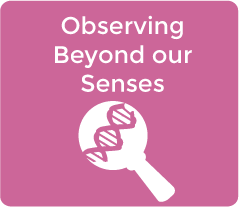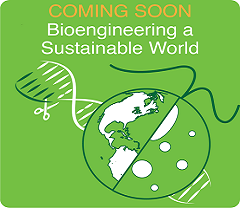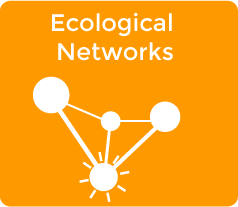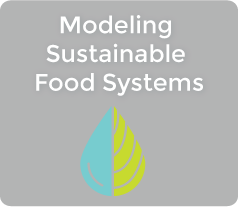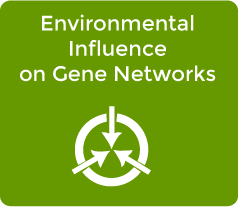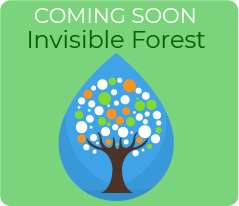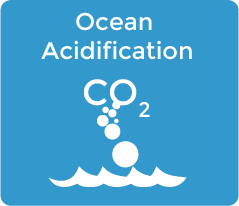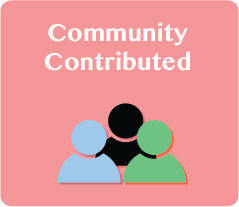Modules available in our Curriculum Warehouse
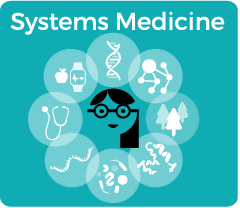
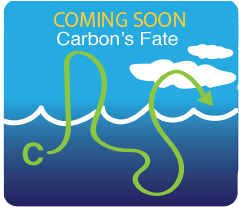

Each module, and the lessons within the modules, can be completed independently or together in a classroom. All modules work toward helping students internalize interdisciplinary STEM concepts and the skills of research and systems biology. Systems thinking, collaboration, inquiry-based experimentation and problem-solving are key components of these learning experiences. The modules purposefully weave together multiple Next Generation Science Standards through researching real-world phenomena. Please see our Standards Addressed page for compiled information and each of our individual lesson pages for specific standards addressed. See our home page for more general information on our program.
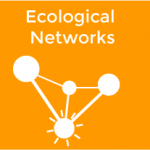 Ecological Networks, is typically taught in 8-12th grade life science courses. This curriculum supplement consists of three subunits that can each be taught independently. These subunits include an Introduction to Systems, an Introduction to Extremophiles and a Great Salt Lake Case Study. The subunits work together to teach students how to think on a systems level while collaborating and applying their understanding to a case study involving an extreme environment. This module was certified by WA State LASER (Leadership and Assistance for Science Education Reform) as exemplary materials according to their rigorous guidelines.
Ecological Networks, is typically taught in 8-12th grade life science courses. This curriculum supplement consists of three subunits that can each be taught independently. These subunits include an Introduction to Systems, an Introduction to Extremophiles and a Great Salt Lake Case Study. The subunits work together to teach students how to think on a systems level while collaborating and applying their understanding to a case study involving an extreme environment. This module was certified by WA State LASER (Leadership and Assistance for Science Education Reform) as exemplary materials according to their rigorous guidelines.
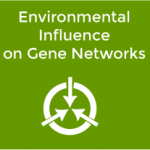 In the module, Environmental Influence on Gene Networks, students in high school biology, genetics, environmental science and biotechnology courses complete the steps systems scientists take when investigating how organisms induce phenotypic changes in response to the environment. This two week instructional module consists of four components: Scientists Prepare and Plan, Investigating the Response of Halobacterium in Various Stimuli, Data Analysis to Propose Network Function, and Analysis of Response and Network Interactions.
In the module, Environmental Influence on Gene Networks, students in high school biology, genetics, environmental science and biotechnology courses complete the steps systems scientists take when investigating how organisms induce phenotypic changes in response to the environment. This two week instructional module consists of four components: Scientists Prepare and Plan, Investigating the Response of Halobacterium in Various Stimuli, Data Analysis to Propose Network Function, and Analysis of Response and Network Interactions.
 In the module, Observing Beyond our Senses: Inquiry Drives Technology, high school students in physics, integrated science, engineering and biotechnology courses are confronted with the same challenges scientists and engineers are when the technology they need to answer questions is not available.
In the module, Observing Beyond our Senses: Inquiry Drives Technology, high school students in physics, integrated science, engineering and biotechnology courses are confronted with the same challenges scientists and engineers are when the technology they need to answer questions is not available.
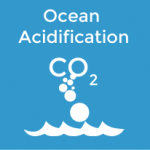 Ocean Acidification: A Systems Approach to a Global Problem is a module that focuses on using evidence and systems studies to understand ocean acidification and bloom dynamics. Students act as both scientists and delegates to investigate how the changing carbon cycle will affect the oceans along with their integral populations.
Ocean Acidification: A Systems Approach to a Global Problem is a module that focuses on using evidence and systems studies to understand ocean acidification and bloom dynamics. Students act as both scientists and delegates to investigate how the changing carbon cycle will affect the oceans along with their integral populations.
We are currently developing and field testing new modules on computational modeling, on food sustainability through Project Feed 1010, on Bioengineering a Sustainable World, on Systems Medicine and on our changing oceans - which includes units on big data, the invisible forest, and the fate of carbon as it moves through air, sea, and ice. If you have questions and/or are interested in field-testing or contributing to this curricula, please feel free to contact us.
Our modules are often adapted by teachers for their particular classroom and/or for science fairs and other student-based projects. For ideas on how to adapt these modules for individual students projects, please view our Creative Curriculum Adaptations Page.
For printable, one page descriptions of the modules, please use these links:

